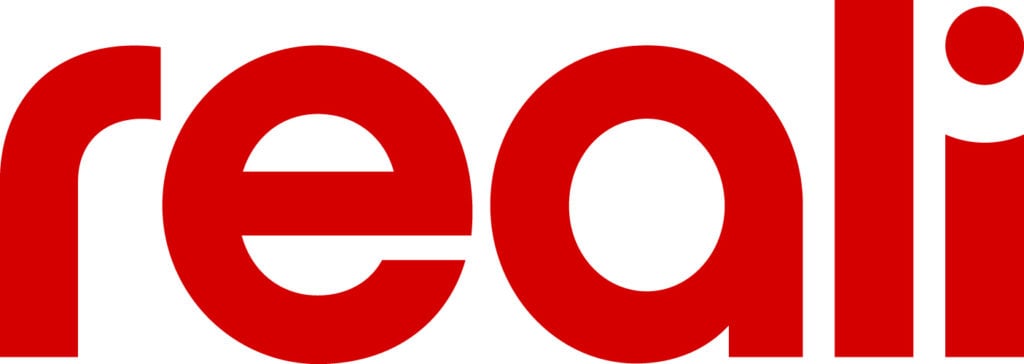News that tech startup Reali is shutting down is the latest gut punch to the industry because of the economic downturn. After receiving over $290 million in investment since 2016, the one-stop fintech company is winding down.

In a press release from the firm, co-founder and company chairman Amit Haller blamed the challenging real estate and financial markets for his company’s failure. Reali is the latest “victim” of a worldwide slowdown (crash) and investor uncertainty over the near future. Here’s what Haller had to say via the release:
"Reali was one of the pioneering companies to offer the 'buy before you sell' and 'cash offer' programs to homeowners. We believed deeply in benefiting the consumer foremost in every transaction. The six years Reali spent evolving the prop tech market in California helped elevate and transform the industry."
According to the news, Reali will begin layoffs on September 9th. As a result, the startup streamlining the buying and selling process now sinks into the startup deadpool. However, Reali is not the only real estate tech startup on the rocks.
Better.com started laying off people last year. Homeward laid off 20% of its staff, Redfin and Compass released almost 1,000 people by mid-June, and the latter unicorn’s stock is pretty much down the drink, as we reported recently.
Finally, news that ex-WeWork CEO Adam Neumann raised $350 million with the new venture “Flow” comes with concerns about possible conflicts of interest. Neumann has launched a competitor to another of his startups, a similar company known as, Alfred.
This Forbes piece gives details, but as a former tech startup analyst, the whole startup matrix begins to look like what I used to call a “Tiki Party” powered by investor funds. Back in the early days of Web 2.0, startup companies had this kind of party environment once technological innovation turned into cash. Interestingly, the announcement from Reali hints at this sort of environment, too.
Amit Haller said in the press release an “unfavorable capital-raising environment” was part of the cause of the startup’s failure. For me, the only thing that could have saved the company would have been still more investment. After a booming market like the one we’ve seen, you’d expect some solvency. But I could be wrong.
The problem with startups has always been about revenue. Even companies like Google operate primarily on market conditions. It’s all a great big bubble if you look at things realistically. Look at Compass. This is a prime example of how a unicorn can end up being a donkey if conditions change dramatically. And at the end of the day, we end up with a kind of brick-and-mortar approach to real estate marketing, sales, and financing.
Finally, when the money flow stops, that’s when you can start the countdown to the next reel of failures. And VC people began tightening belts several weeks ago. Bottom line? There’s nowhere to turn for companies in trouble. So expect quite a few more in the deadpool in the coming weeks.